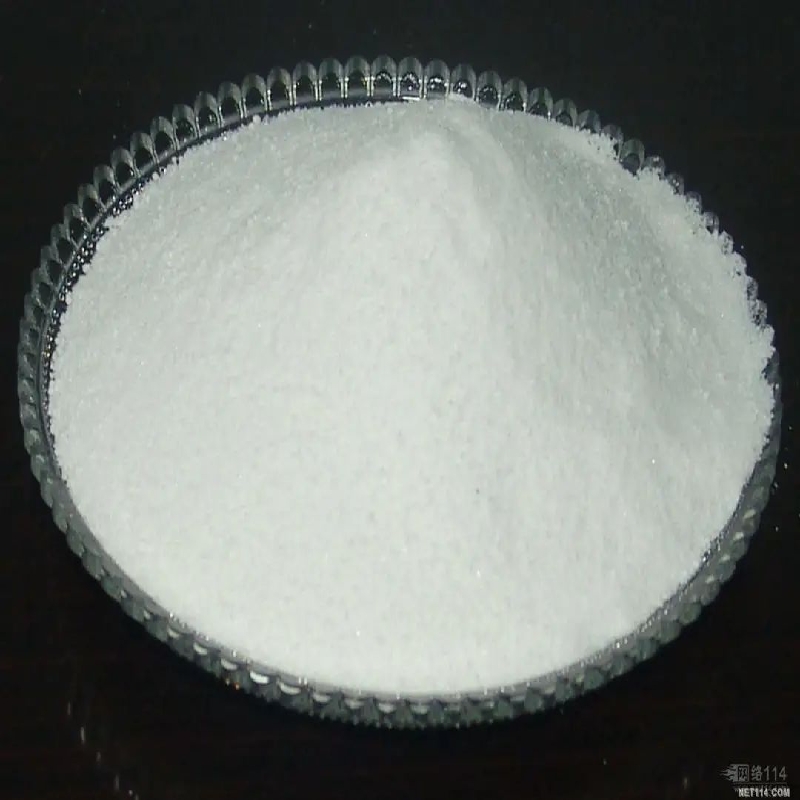-
Categories
-
Pharmaceutical Intermediates
-
Active Pharmaceutical Ingredients
-
Food Additives
- Industrial Coatings
- Agrochemicals
- Dyes and Pigments
- Surfactant
- Flavors and Fragrances
- Chemical Reagents
- Catalyst and Auxiliary
- Natural Products
- Inorganic Chemistry
-
Organic Chemistry
-
Biochemical Engineering
- Analytical Chemistry
-
Cosmetic Ingredient
- Water Treatment Chemical
-
Pharmaceutical Intermediates
Promotion
ECHEMI Mall
Wholesale
Weekly Price
Exhibition
News
-
Trade Service
Potassium ferricyanide, also known as ferrocyanide of potassium, is a chemical compound with the formula K4[Fe(CN)6].
It is a white or yellowish solid that is soluble in water and has a strong, unpleasant smell.
It is used in a variety of industries, including the chemical, textile, and photographic industries.
In the chemical industry, potassium ferricyanide is used as a catalyst and as a reductant.
In the chemical industry, potassium ferricyanide is used as a catalyst in a variety of reactions.
For example, it is used in the production of PVC (polyvinyl chloride) plastic, where it helps to catalyze the polymerization reaction.
It is also used in the production of polyester fibers, where it helps to catalyze the reaction between an alcohol and a carboxylic acid to form a polymer.
In addition to its use as a catalyst, potassium ferricyanide is also used as a reductant in the chemical industry.
In chemistry, a reductant is a substance that donates electrons to another molecule, causing it to be reduced.
Potassium ferricyanide can donate electrons to a variety of molecules, including other metal cyanides and oxidized organic compounds.
This property makes it useful in a variety of reduction reactions, such as the reduction of metal ions or the oxidation of organic compounds.
One of the main advantages of potassium ferricyanide is its ability to catalyze and reduce a wide range of compounds.
This makes it a versatile chemical that can be used in a variety of applications.
Additionally, it is relatively inexpensive and easy to produce, which makes it an attractive option for many chemical companies.
Potassium ferricyanide is also used in the textile industry as a bleaching agent.
It is able to bleach a variety of textiles, including cotton and wool, and is particularly effective at removing yellow or grey discoloration.
It is also used in the production of rayon, where it helps to remove impurities from the fiber.
In the photographic industry, potassium ferricyanide is used as a developer in the process of photographic printing.
It helps to reduce silver halides, which are light-sensitive compounds found in photographic emulsions, to form silver particles.
This process is known as development, and it is an essential step in the photographic printing process.
In conclusion, potassium ferricyanide is a versatile chemical that has a wide range of applications in the chemical, textile, and photographic industries.
It is used as a catalyst, reductant, bleaching agent, and developer, and its ability to catalyze and reduce a wide range of compounds makes it a valuable chemical in many different industries.






